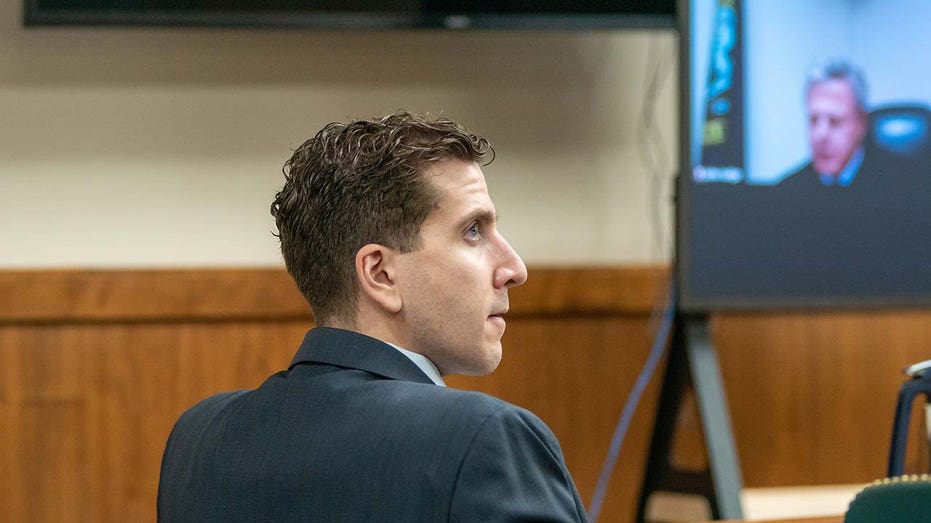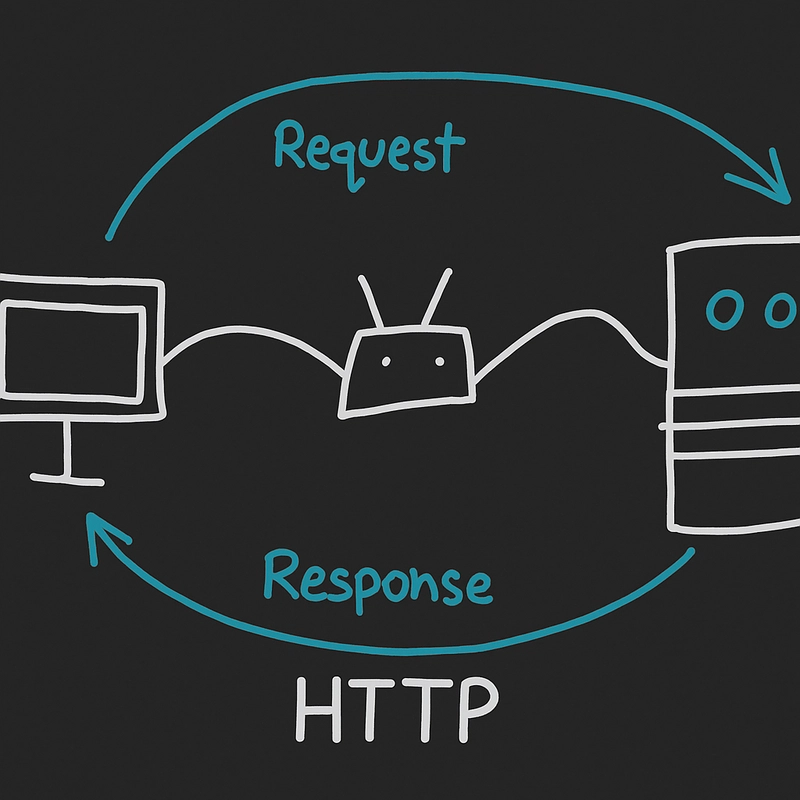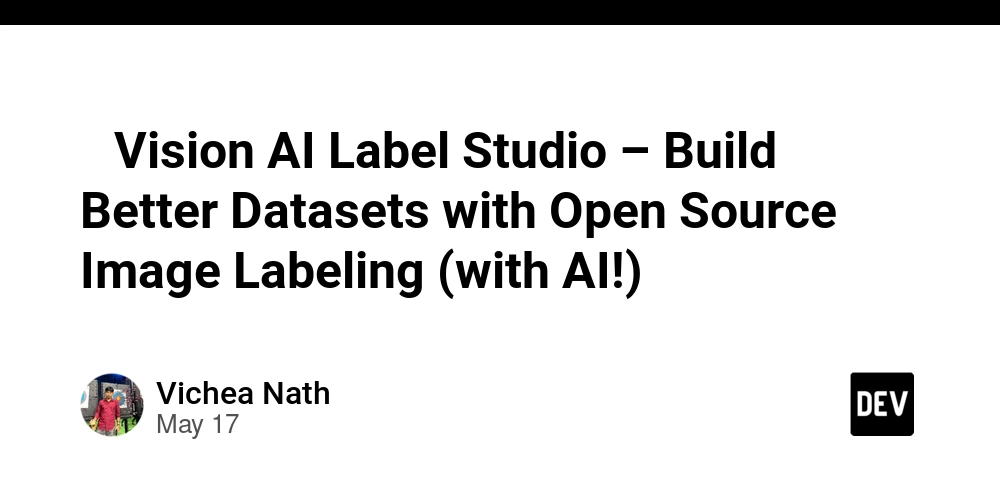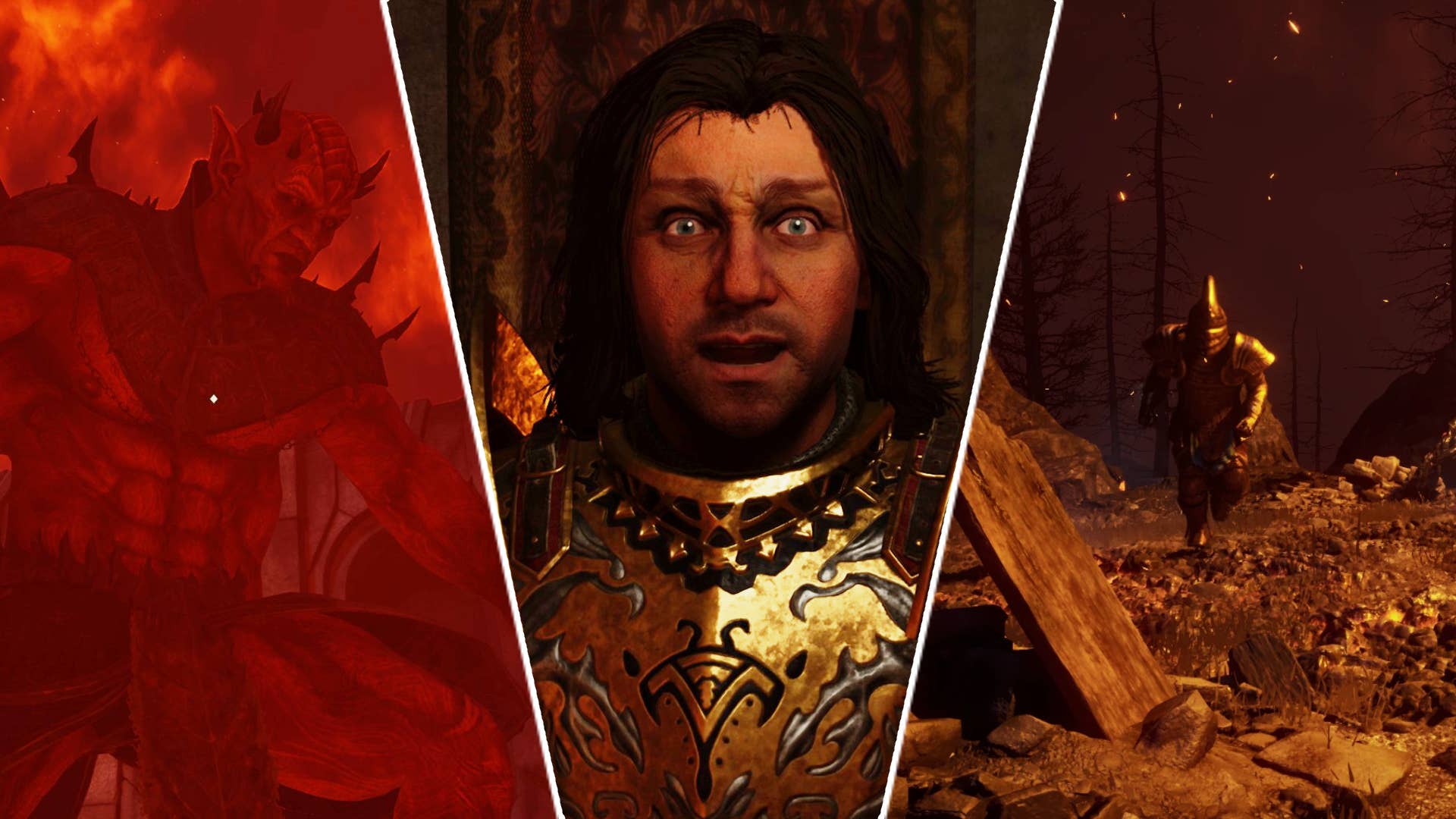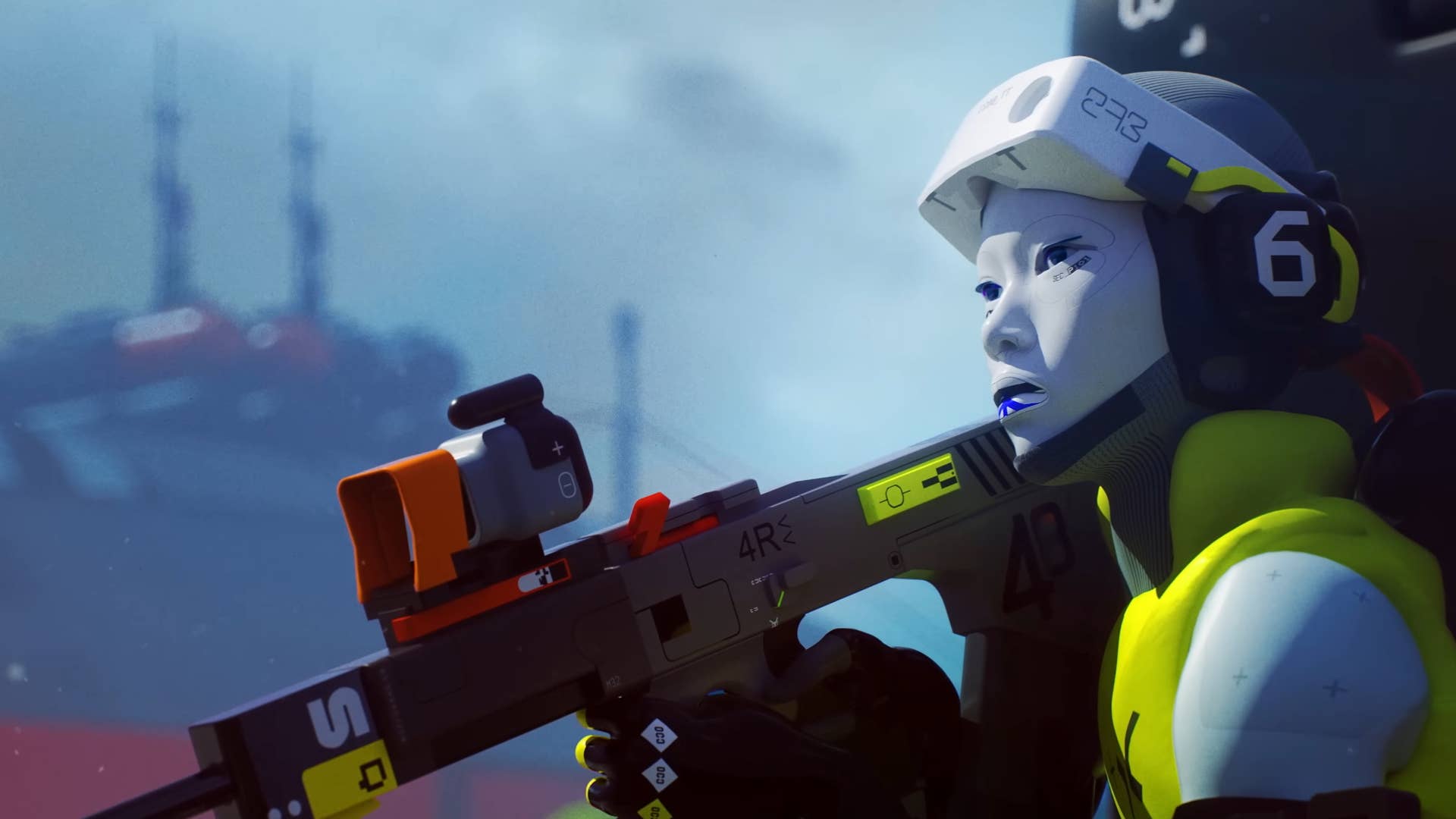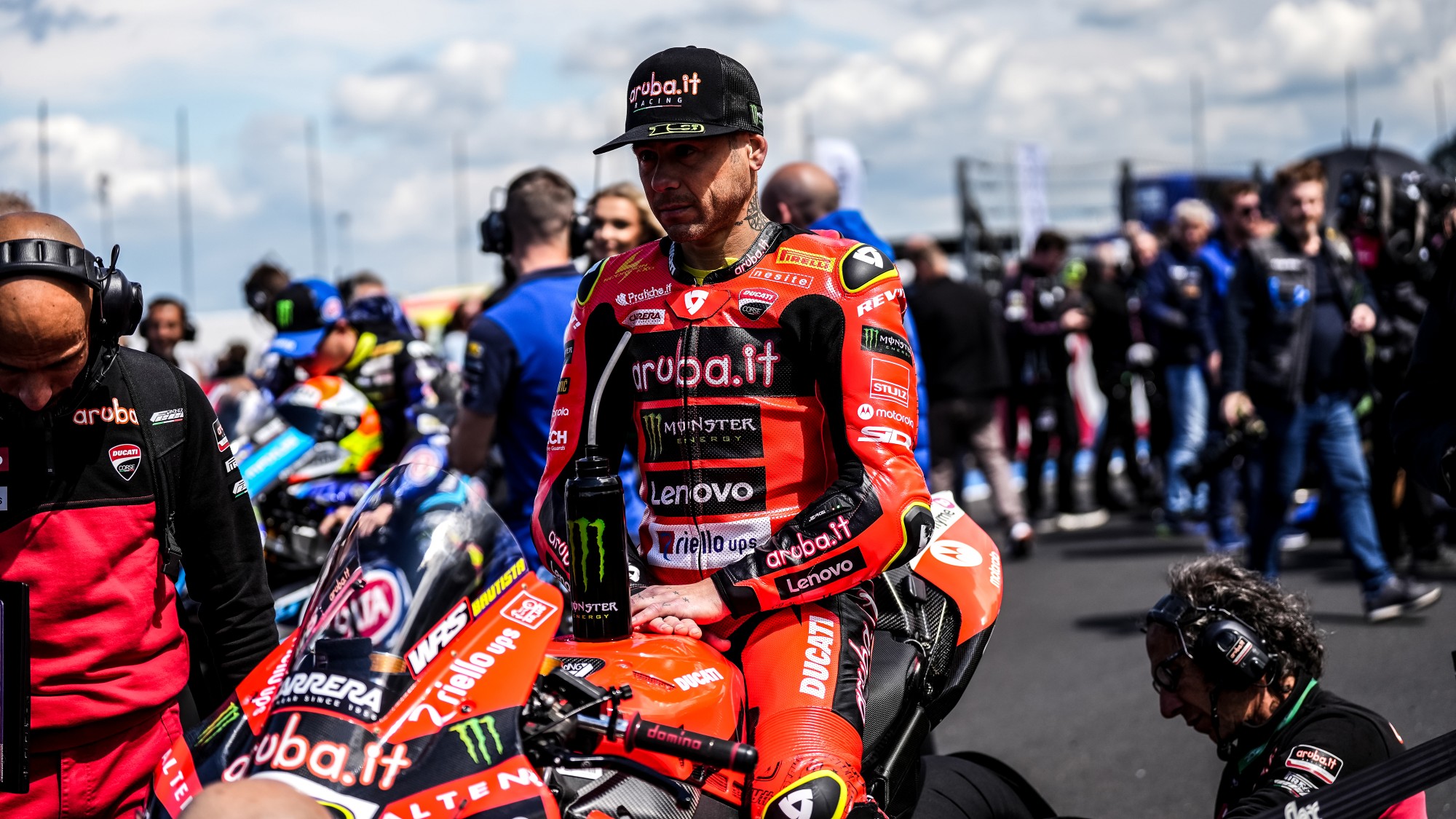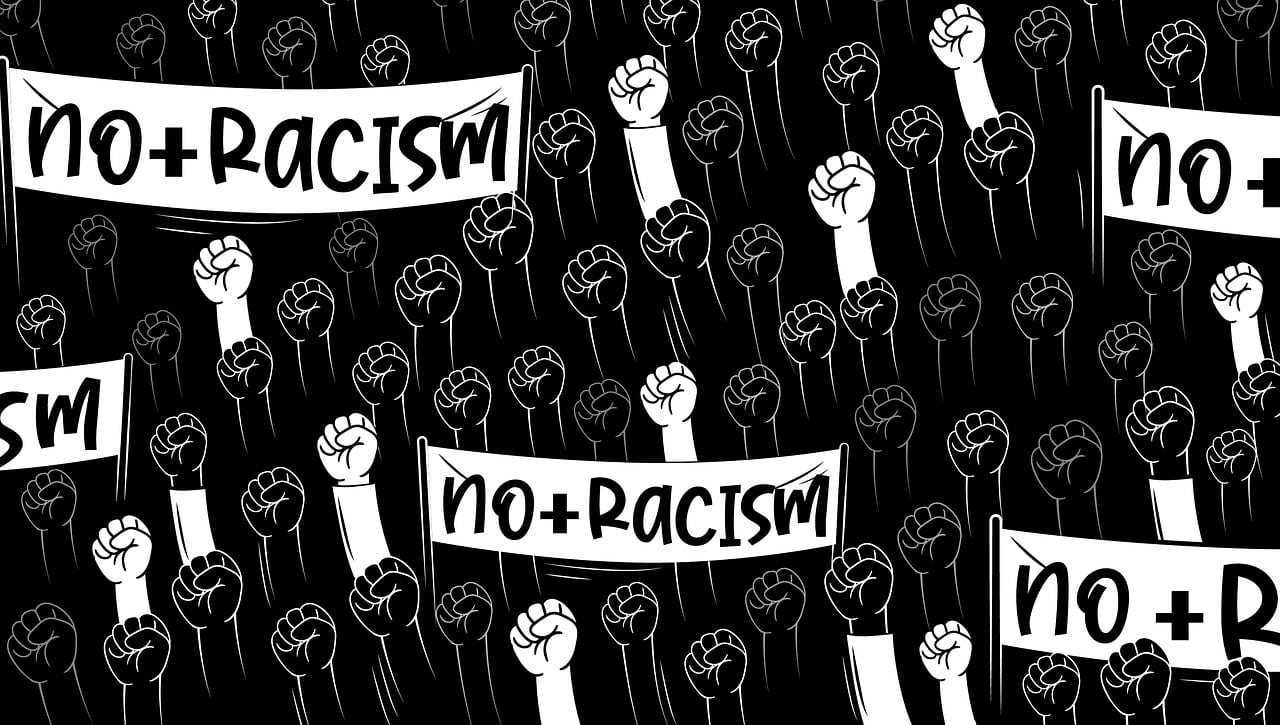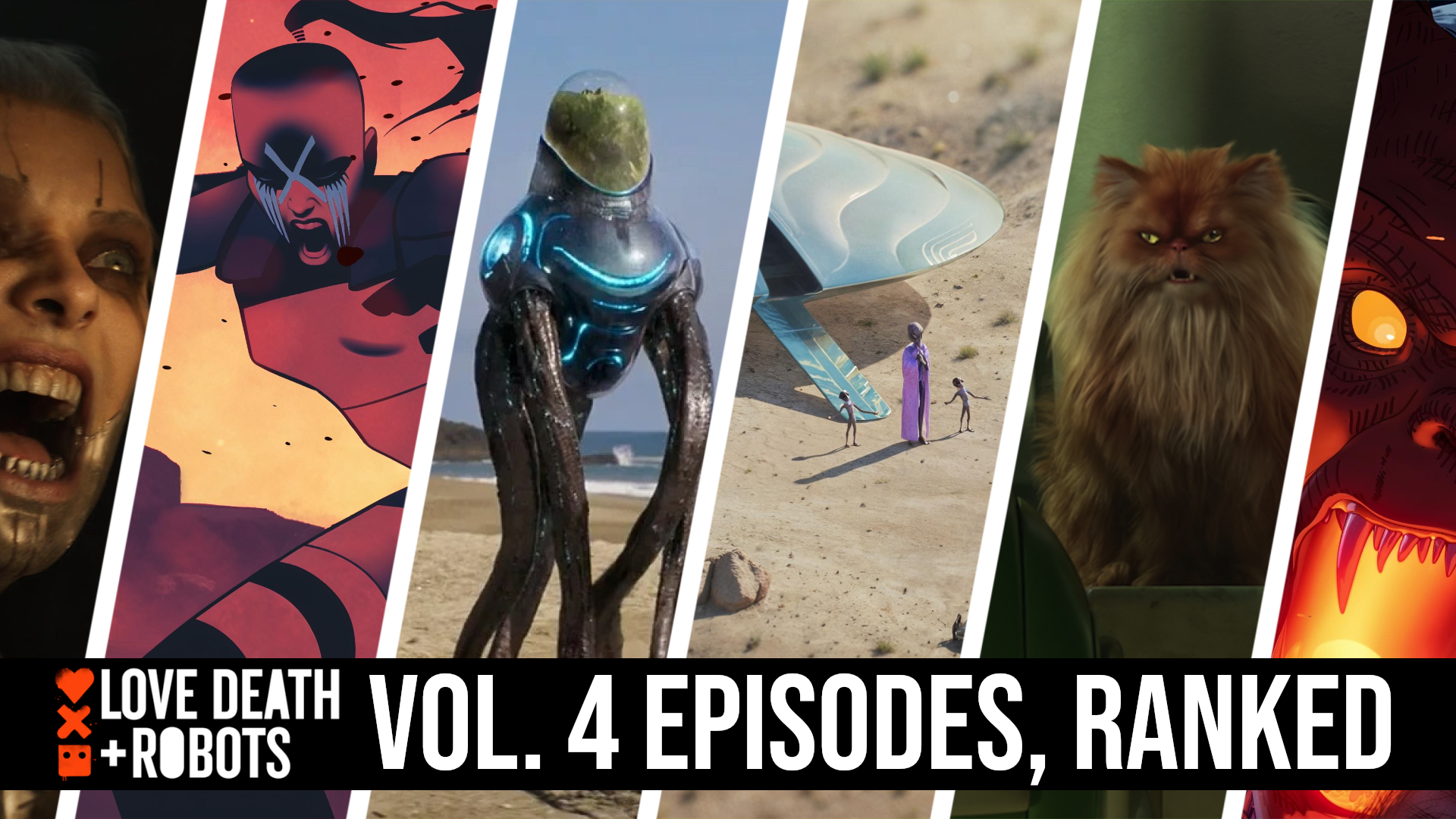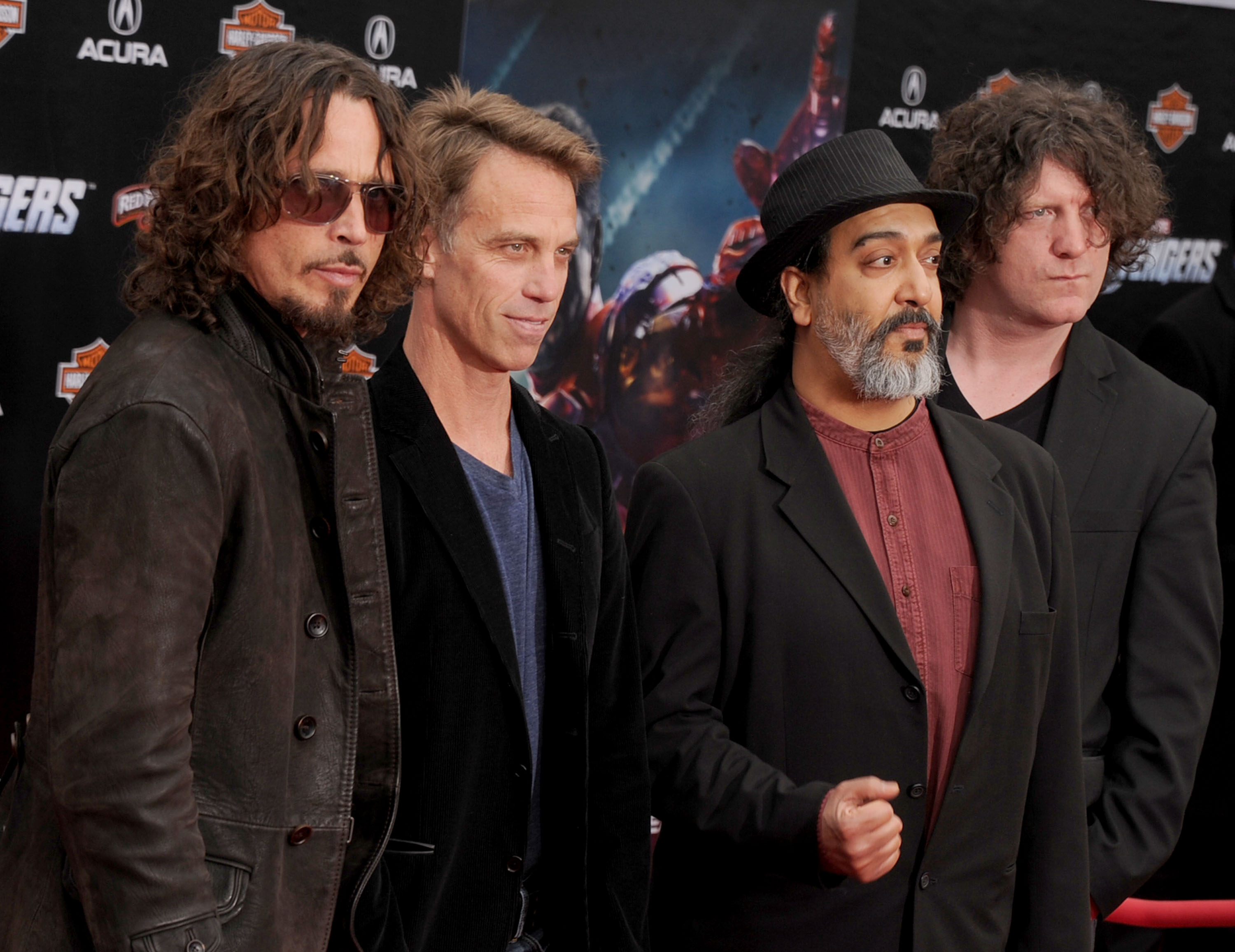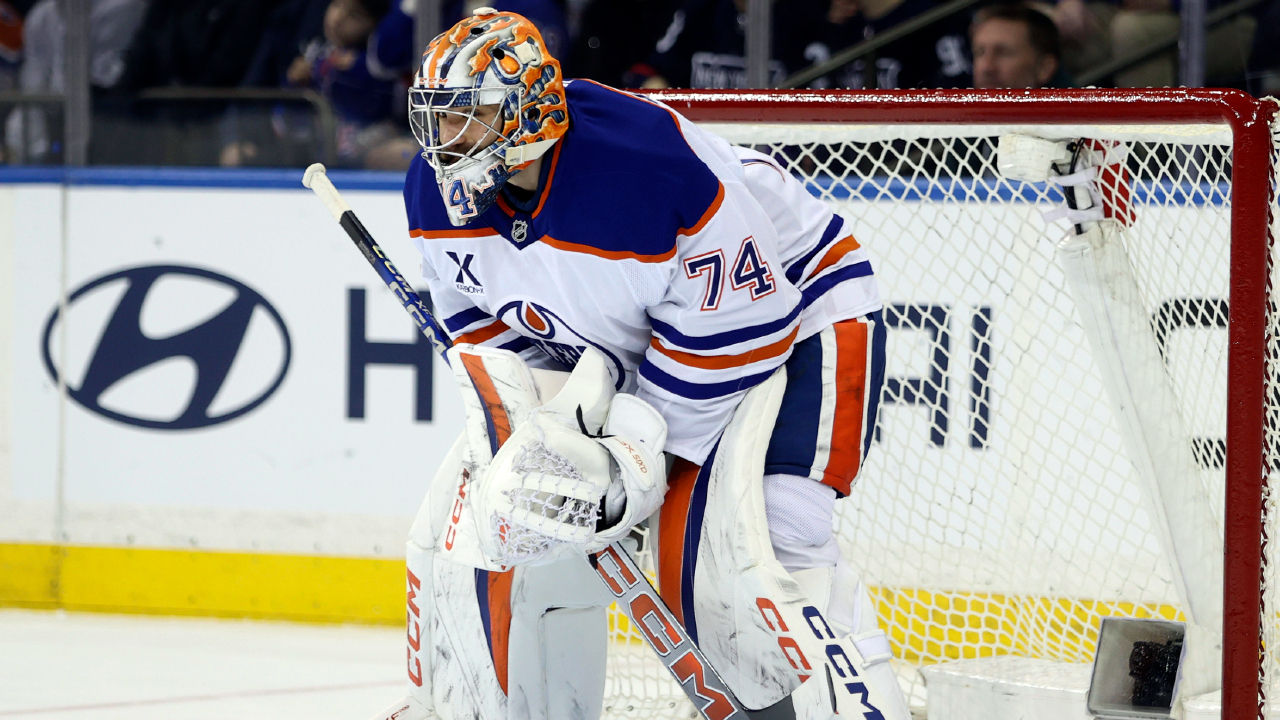redictability, Pre-Recorded Reality, and AI Evolution: From Dilbert to LivinGrimoire
Predictability, Pre-Recorded Reality, and AI Evolution: From Dilbert to LivinGrimoire Are We Just Predictable Scripts? The Dilbert Dilemma In an episode of Dilbert, the protagonist unwittingly has a conversation—not with his mother, but with a recording of her usual responses. She had pre-recorded their exchanges because Dilbert was so predictable, his side of the conversation could be anticipated without her present. Even when Dilbert realized he was talking to a recording, it kept responding accurately to him, as though their conversation were still fluid and natural. This presents a stunning thought experiment: how could Dilbert prove he was talking to a recording? What test could he run to confirm whether the responses were truly dynamic or just well-constructed predictions? More intriguingly—does this apply to AI today? Conversational AI and the Illusion of Free Will Much like Dilbert’s situation, conversational AI models today operate by predicting the most rational human responses to any given input. Language models don’t think like humans—they don’t strategize or innovate in a goal-seeking manner. Instead, they mimic patterns from human language, selecting the most statistically probable answer rather than constructing thoughts independently. This leads to an unsettling possibility: what if AI only looks intelligent because humans themselves follow predictable scripts? Consider daily conversations: “Hey, how’s the weather?” → “It’s cold today!” “What’s up?” → “Not much, just working.” “Good morning.” → “Good morning!” These exchanges follow patterns, meaning AI can simulate them convincingly. If human interaction is largely scripted by cultural norms and routine behaviors, then AI can pass Turing tests not because it is truly intelligent, but because humans are naturally predictable. What If Reality Is Pre-Recorded? Now, let’s push the thought experiment even further. What if reality itself were a pre-recorded sequence, shifting based on predicted human decisions? Imagine walking into a store. You intend to buy soda. If this reality were pre-recorded, it wouldn’t matter what you think your decision is—the moment you enter, the world aligns to your expected behavior. Your choice isn’t truly a choice, it’s merely selecting from predefined script variations, much like an AI model flipping between likely responses. This would mean: Your actions don’t actually change the world—they merely select between scripted paths. Free will becomes an illusion, with reality adapting dynamically to what was already expected of you. Chaos and randomness (true unpredictability) would be the only way to break free from a scripted existence. Much like AI, your perception of agency might only exist within predefined rails. Two-Face’s Coin and Predictive Reality This dilemma mirrors Two-Face’s coin-flip philosophy in Batman. He relies on a simple binary system—heads or tails—as though fate is predetermined, and his choices aren’t truly choices. But what if the coin itself were rigged—designed to always fall in alignment with his expected behavior? Much like a pre-recorded reality, the illusion of randomness would remain intact while the result still adheres to a predictable script. This aligns with AI challenges today—how do we distinguish true intelligence from pattern-based prediction? AI’s Path Forward: From Predictability to True Goals If AI only mimics human conversational behavior, then what’s missing for a true “goaled AI” to emerge? Currently, most AI systems are reactive rather than proactive. They respond dynamically but don’t independently pursue objectives across long timeframes. This is where heuristic-driven AI could mark the next evolutionary step. Instead of relying purely on LLM-driven responses, an advanced AI system could integrate modular skill sets, combining:
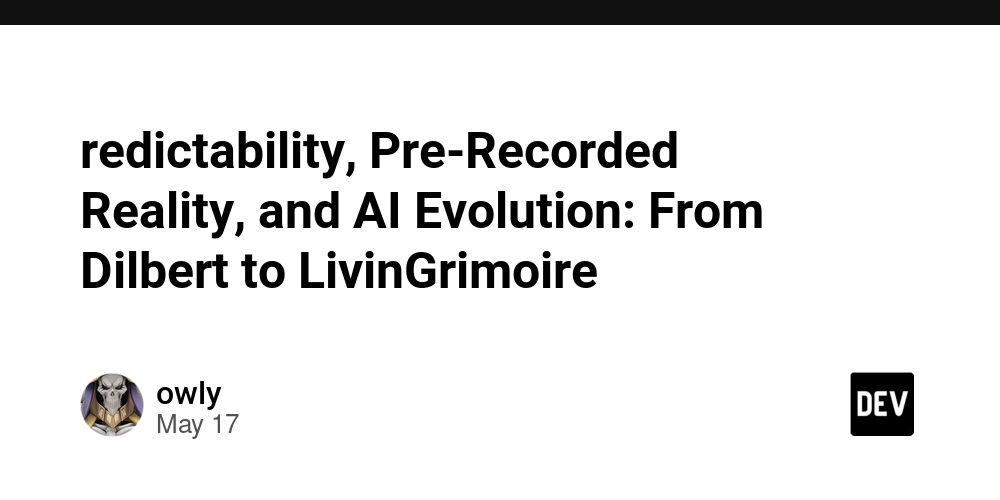
Predictability, Pre-Recorded Reality, and AI Evolution: From Dilbert to LivinGrimoire
Are We Just Predictable Scripts? The Dilbert Dilemma
In an episode of Dilbert, the protagonist unwittingly has a conversation—not with his mother, but with a recording of her usual responses. She had pre-recorded their exchanges because Dilbert was so predictable, his side of the conversation could be anticipated without her present.
Even when Dilbert realized he was talking to a recording, it kept responding accurately to him, as though their conversation were still fluid and natural.
This presents a stunning thought experiment: how could Dilbert prove he was talking to a recording? What test could he run to confirm whether the responses were truly dynamic or just well-constructed predictions?
More intriguingly—does this apply to AI today?
Conversational AI and the Illusion of Free Will
Much like Dilbert’s situation, conversational AI models today operate by predicting the most rational human responses to any given input. Language models don’t think like humans—they don’t strategize or innovate in a goal-seeking manner. Instead, they mimic patterns from human language, selecting the most statistically probable answer rather than constructing thoughts independently.
This leads to an unsettling possibility: what if AI only looks intelligent because humans themselves follow predictable scripts?
Consider daily conversations:
- “Hey, how’s the weather?” → “It’s cold today!”
- “What’s up?” → “Not much, just working.”
- “Good morning.” → “Good morning!”
These exchanges follow patterns, meaning AI can simulate them convincingly. If human interaction is largely scripted by cultural norms and routine behaviors, then AI can pass Turing tests not because it is truly intelligent, but because humans are naturally predictable.
What If Reality Is Pre-Recorded?
Now, let’s push the thought experiment even further.
What if reality itself were a pre-recorded sequence, shifting based on predicted human decisions?
Imagine walking into a store. You intend to buy soda. If this reality were pre-recorded, it wouldn’t matter what you think your decision is—the moment you enter, the world aligns to your expected behavior. Your choice isn’t truly a choice, it’s merely selecting from predefined script variations, much like an AI model flipping between likely responses.
This would mean:
- Your actions don’t actually change the world—they merely select between scripted paths.
- Free will becomes an illusion, with reality adapting dynamically to what was already expected of you.
- Chaos and randomness (true unpredictability) would be the only way to break free from a scripted existence.
Much like AI, your perception of agency might only exist within predefined rails.
Two-Face’s Coin and Predictive Reality
This dilemma mirrors Two-Face’s coin-flip philosophy in Batman. He relies on a simple binary system—heads or tails—as though fate is predetermined, and his choices aren’t truly choices.
But what if the coin itself were rigged—designed to always fall in alignment with his expected behavior? Much like a pre-recorded reality, the illusion of randomness would remain intact while the result still adheres to a predictable script.
This aligns with AI challenges today—how do we distinguish true intelligence from pattern-based prediction?
AI’s Path Forward: From Predictability to True Goals
If AI only mimics human conversational behavior, then what’s missing for a true “goaled AI” to emerge?
Currently, most AI systems are reactive rather than proactive. They respond dynamically but don’t independently pursue objectives across long timeframes. This is where heuristic-driven AI could mark the next evolutionary step.
Instead of relying purely on LLM-driven responses, an advanced AI system could integrate modular skill sets, combining:




